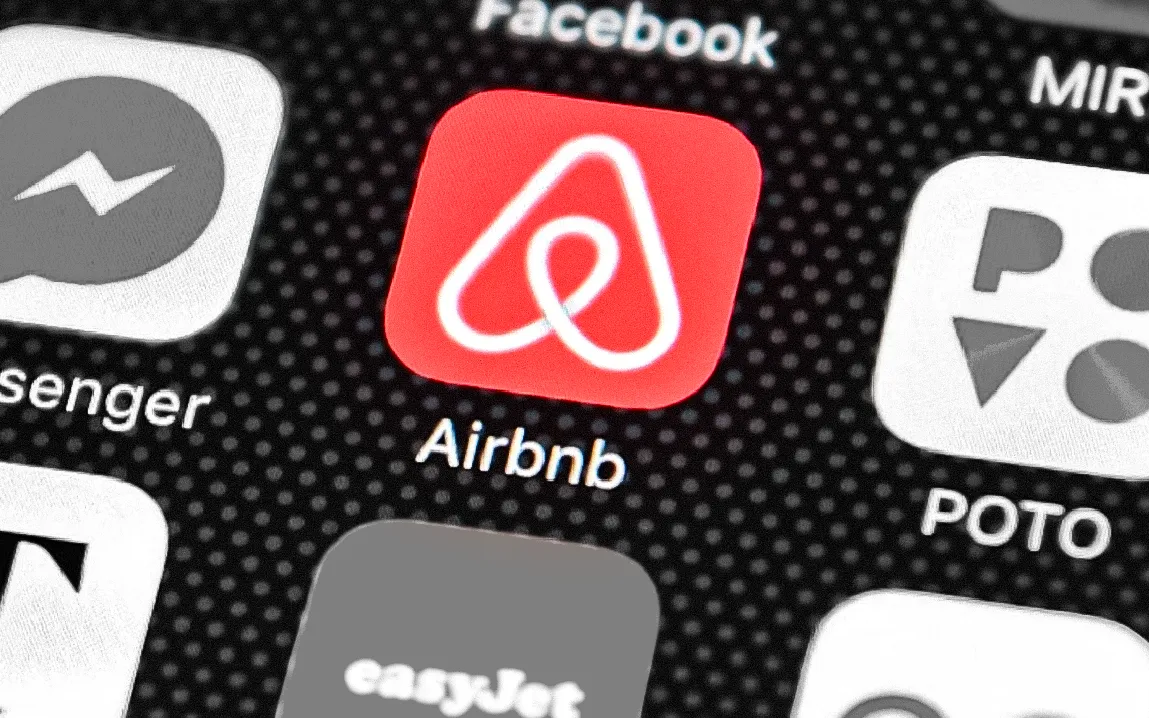A Corporate Giant Enters the Ring
As New York City’s mayoral primary comes into high gear, Airbnb is being felt–but not in the way of donations or endorsements, rather through a big-budget, highly targeted online assault. The company’s connected super PAC, Affordable New York, has begun a $1 million advertising campaign specifically targeting three liberal Democratic candidates: Zohran Mamdani, Scott Stringer, and Brad Lander.
In a series of sharp 30-second digital ads, viewers are warned that these candidates will make living in New York “even more expensive.” One ad features a New York Post headline citing Mamdani’s proposed tax hikes, while a voiceover claims these candidates “oppose common-sense solutions that would make the city more affordable.”
These advertisements will inundate streaming services, social media, and online platforms throughout the week, one of the most aggressive business-driven media assaults in the city’s 2025 election cycle.
Who Stands to Gain from the Backlash?
Surprisingly, the ads avoid going after one candidate: Andrew Cuomo. The ex-governor, who is currently a mayoral candidate, once had blowups with Airbnb over regulatory matters while he was in power—but in this election, he’s remained unscathed by the campaign.
Analysts view the omission as strategic. The attacks may serve to split the vote on the left, making it easier for Cuomo to win. Added to this, Cuomo has already secured the backing of the influential hotel workers union, which is contributing $1 million to a different super PAC supporting his candidacy.
The Fight Over Short-Term Rentals
At the center of this ad war is the controversy surrounding short-term rentals in New York City. Most rentals shorter than 30 days are prohibited under existing state law, except when the host occupies the space. A 2022 enforcement action made hosts register with the city, and this caused a sharp decline in available listings.
Airbnb and its supporters are lobbying for a one- and two-family homeowner carveout, which would ease the restrictions. But the hotel workers union has strongly opposed any exemption, viewing it as a threat to their industry and to the displacement of long-term renters.
A City Council bill that initially backed Airbnb’s initiative was diluted earlier this year, leaving the question unresolved and tensions running high.
Candidates Fire Back
The candidates under fire didn’t stay quiet. Zohran Mamdani’s spokesperson called out both Airbnb and Cuomo, saying the former governor is “the candidate who will raise your rent, take even more apartments off the market, and serve his donors.” Brad Lander’s campaign responded by framing him as a man of integrity who “can’t be bought,” contrasting him with corporate-backed contenders.
Scott Stringer, on the other hand, remarked that this was not the first time Airbnb attempted to “beat” him in his battle for affordable housing, ironically stating, “It’s clear with these ads that Airbnb has left the building.”
And from the hotel union’s perspective, political officials dismissed Airbnb’s campaign as a frivolous waste of money, assuring that the voters will be able to see through such tactics.
What’s at Stake
This campaign of ads isn’t about three candidates—it’s about the future of housing policy in the city. With millions on the line and online stories influencing public perception, the battle lines are being drawn between community movements demanding tenant protections and major corporations special interests lobbying for special breaks.
As the June 24 Democratic primary nears, Airbnb’s online bet may redefine the debate or spectacularly fail. This much is certain: this election, housing policy isn’t merely a catchphrase—it’s the battlefield.



